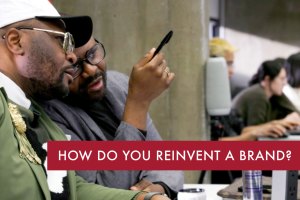Nation & World
-

Worried about how AI may affect foreign policy? You should be.
Experts discuss vulnerabilities, need for oversight of tech development, regulation
-
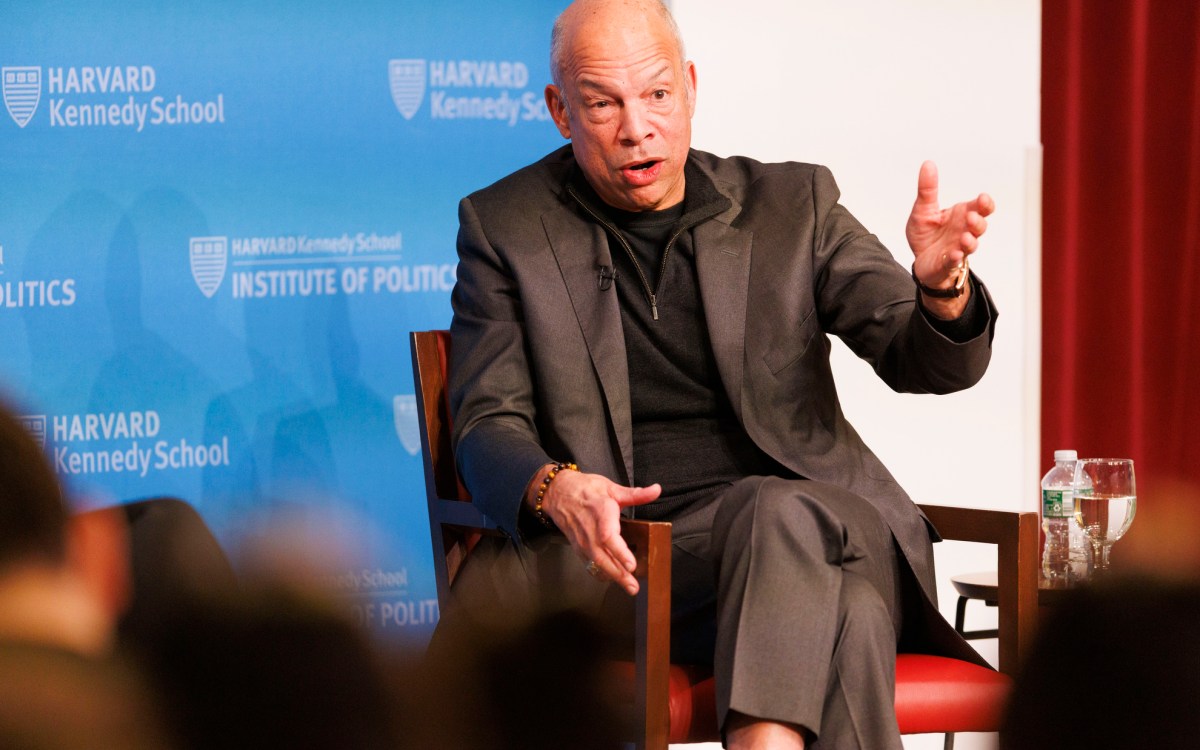
Border security isn’t really the problem
Former Homeland Security Secretary Jeh Johnson says current backlash is owing to cloudy mission, aggressive tactics
-
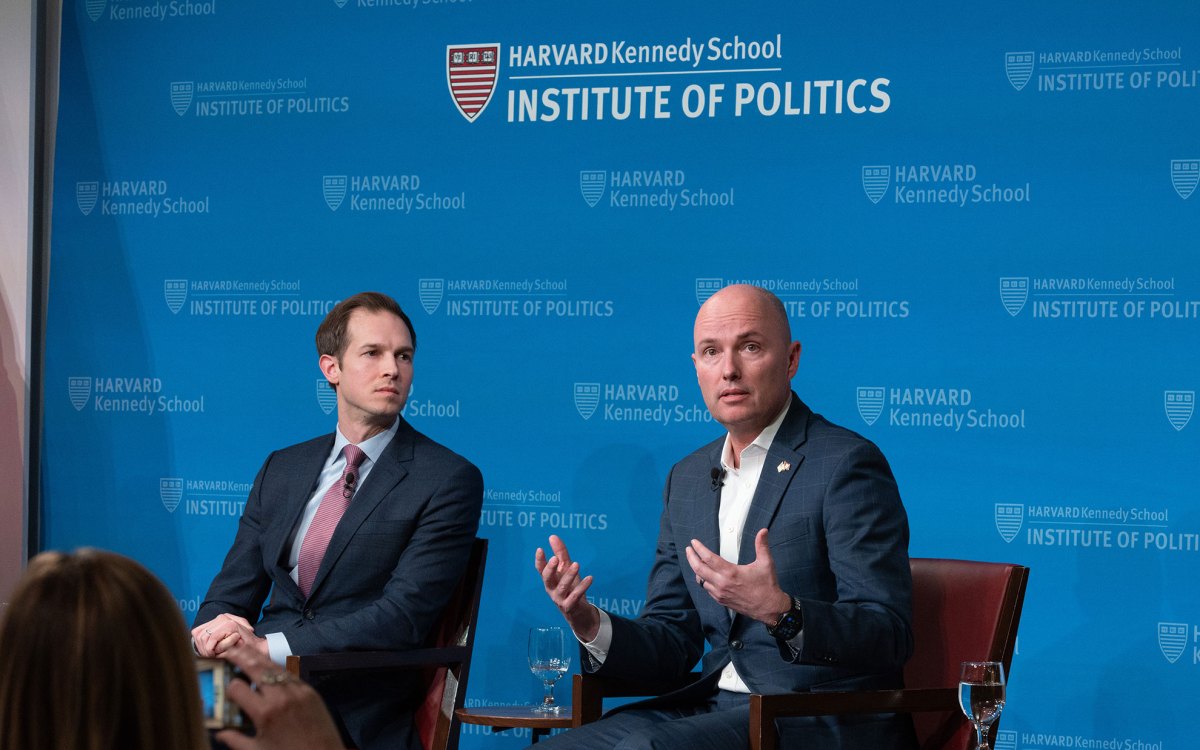
A start in bridging divisiveness: Rein in social media
Republican Utah governor, Democrat U.S. congressman find common cause
-
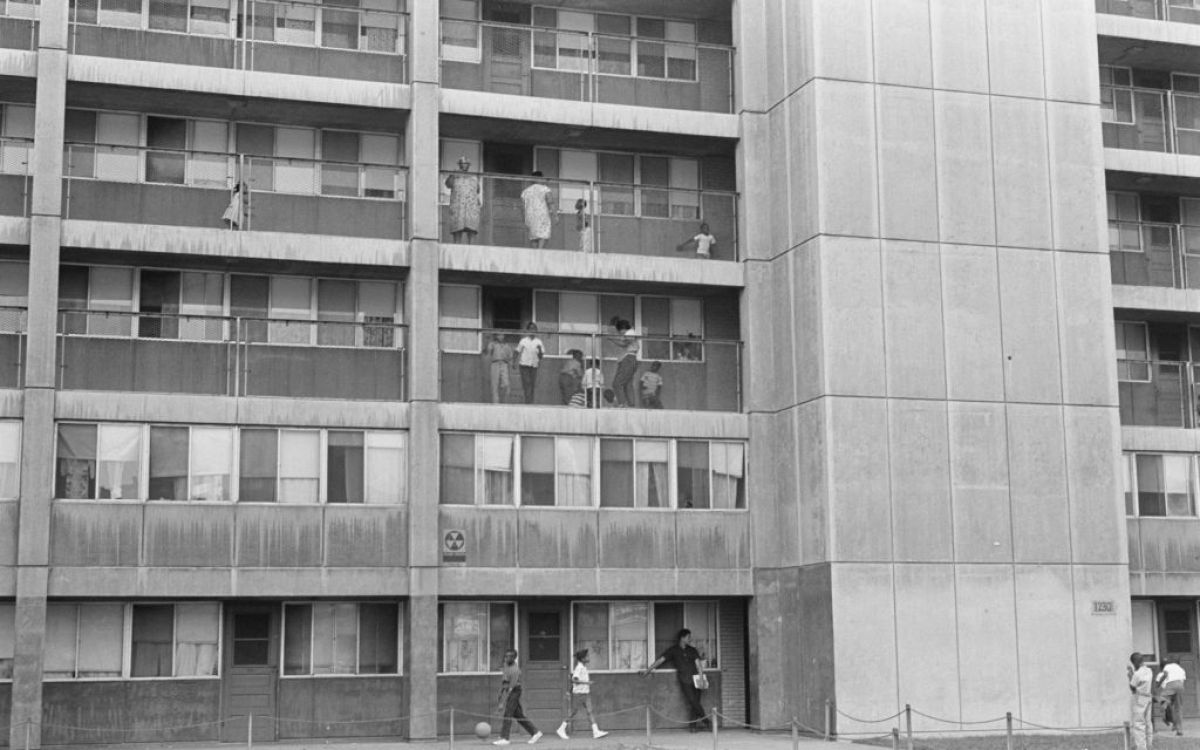
How design of public housing can lift future prospects of children
New research builds upon previous work that focused on moving families from high-poverty areas, broadening social milieu of young
-
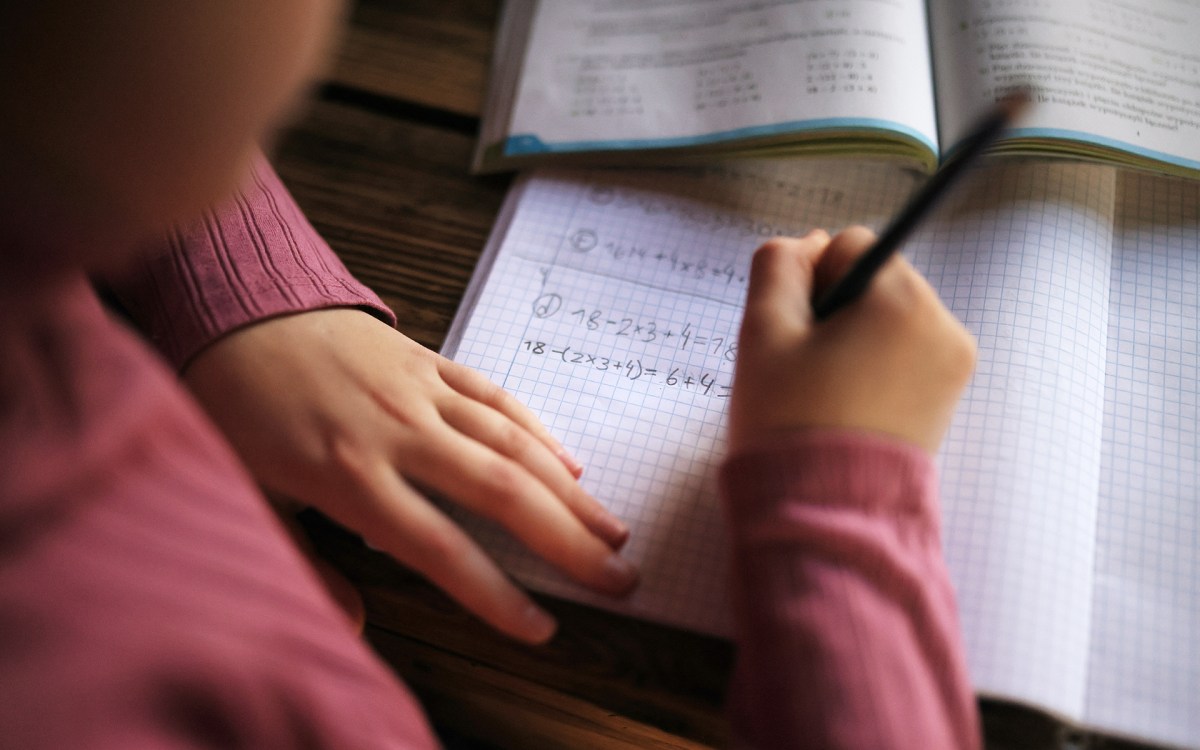
How to help lift slumping American math scores
Scholars see solutions in classroom creativity, higher teacher pay — and attendance
-
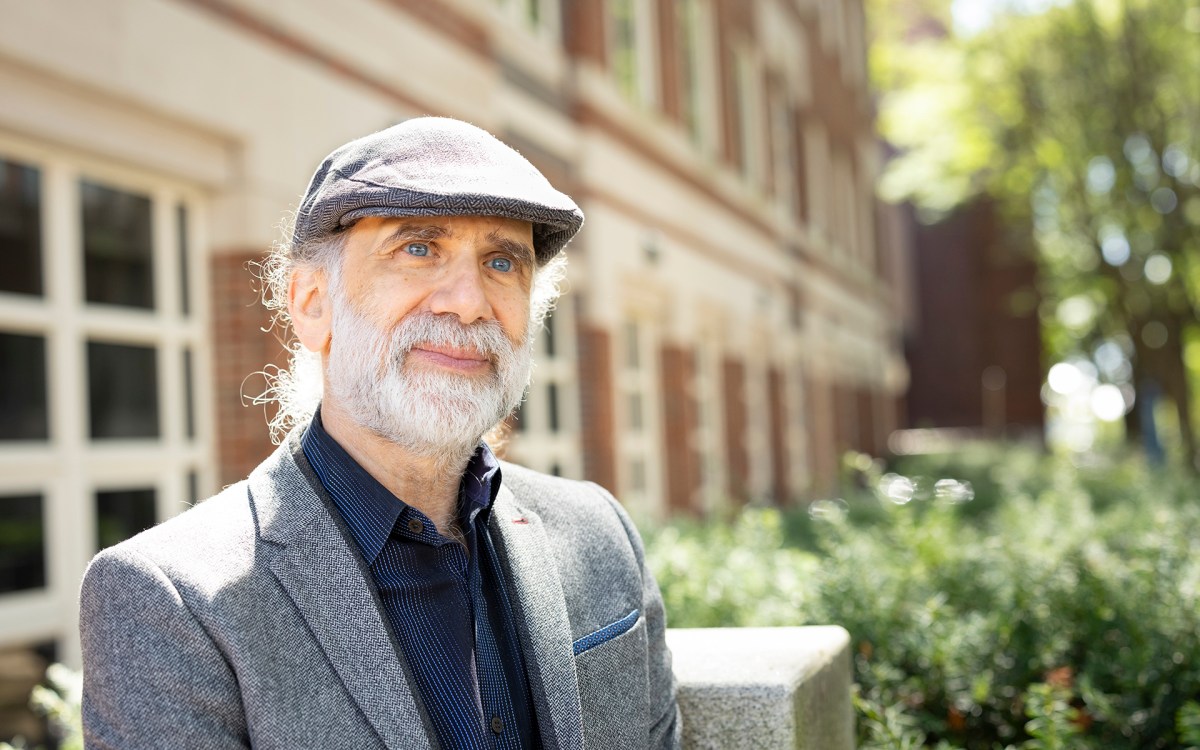
What if we used AI to strengthen democracy?
Surveillance, control, propaganda aren’t the only options, says security technologist
-
Lessons in learning
At the Global Education Conference, HGSE students presented papers on how to improve educational opportunity around the world.

-
中国最慷慨的百名慈善家
近几十年来中国逐步成长为全球经济引擎,其重要性日益加剧。关于该国经济增长的任何风吹草动,或诸如最近几周的股市波动,都会撼动国际市场。伴随中国经济的迅猛增长,很多人积累起了巨额财富。然而,关于第一代白手起家的富翁以及他们是如何回报社会的,却鲜有报道。 现在,哈佛大学肯尼迪政府学院艾什民主治理与创新中心的研究员们首次勾勒了中国大陆2015年前100位捐赠者的慈善行为。研究不仅涵盖他们的身份以及财产,还包括他们自身所处的行业、捐赠额、所支持的行业以及受益的领域。 “人们现在极其关注中国最富有人群的行为习惯。三十年前,每个人都一样的贫穷,” 领导此项目数据收集和网站设计的哈佛大学肯尼迪政府学院公共管理硕士毕业生、艾什民主治理与创新中心研究员魏沛然说道。“在慈善行业,诸如捐赠领域和受益群体等数据,不仅对于普通人,而且对于政府、企业和想要为这个社会做出贡献的人都是一件非常重要的工具。慈善家的影响力和财力确实很重要。” 最新成立的“中国慈善项目”及其相关网站旨在为不断进行的关于中国慈善捐赠模式和趋势的研究提供重要的交互性数据,并成为一个服务非营利性组织、政府、学术界和媒体的数据库。研究员们希望通过具体量化慈善家年度捐赠数据,以帮助未来捐款人在做捐赠决定时,能做出更正确的选择,同时也希望能够通过建立“慷慨指数”在慈善家之间建立起良性竞争。 “新兴富裕阶层非常关注如何更有效并有意义地进行捐赠,” 魏沛然还说,“因为他们是第一代富起来的人,所以他们对什么是回馈社会的最好方法了解并不多。” “中国正处在镀金时代,而中国缺乏美国在镀金时代的宗教基础和价值体系……因此并不存在关于如何及怎样捐赠的行为守则,”哈佛大学肯尼迪政府学院艾什民主治理与创新中心中国项目主任康义德说:“这也是为什么我们应该引导他们的捐赠行为。” 报告显示,上榜的前100名慈善家中绝大多数为男性,平均年龄为54岁,多数来自于商业和政府活动频繁的富裕省市,例如广东、北京和福建。上榜慈善家们更倾向于资助位于其家乡的机构,这也意味着西藏、新疆和云南等贫困地区鲜少受益。 乘着快速城镇化带来对住房急剧需求的东风,榜单上的许多慈善家靠房地产生意致富。大多数房地产业的慈善家们选择通过在顶级学府设立奖学金、冠名教学楼等方式捐助教育产业。令人意外的是,尽管中国空气污染问题严重,但榜单上的慈善家们很少捐助环保组织。针对此现象,魏沛然的解释为,对慈善家来说,资助带来高社会效益且立竿见影的教育产业远比捐赠解决空气污染、水污染等极具挑战性且需长期努力的环保项目更具吸引力。 魏沛然指出:“毫无疑问,慈善家们希望看到自己在榜单中的排名,并关注其他慈善家的动向,并且了解如何在未来做得更好。我认为,政府对这样的榜单也会很感兴趣,因为以前从未有过对慈善活动的地域属性做如此详尽分析的报告。”他还提到:“我们研究慈善家地域属性的另一个原因是为非政府组织提供便利。通过我们的报告,非政府组织能够清晰地了解,每年各个地区对慈善投入最大的慈善家是谁。” 因为中国的慈善事业相对年轻,因此与捐赠有关的记录非常分散,几乎没有类似捐赠者数据库或美国国税局990表这样的权威数据来源。研究员们通过各种渠道对数据进行广泛验证,包括各种公开信息、媒体报导、访谈以及其他官方渠道。 宏观上看,中国慈善行业规模还相对很小。2014年,中国全国慈善捐赠总额占国内生产总值的比重为0.1%。在美国,该比例为2%。印度为0.4%,俄罗斯则为0.01%。中国是全球第二大经济体,“因此对于中国人来说,前路漫长,” 魏沛然说道。 在经历了过去十几年的经济和社会巨变后,中国富有精英们有很强的意愿希望将其个人和家庭传承下去,而并不是为了获得很少的税收优惠而捐赠。 “我认为他们这样做的部分动????是为自己的子女及后辈创造一个路线图,不仅是如何回馈社会,更重要的是给后辈灌输什么是最重要的事,”康义德说。“他们深深担忧第二代,更别说第三代子孙,担心他们并不会非常成功。这并不仅因为他们无须经历同样的经济困难和文革时期的心理创伤,而是他们缺乏来自于中国传统社会紧密社会联系的好处。” 魏沛然说,很多中国富豪对美国的富豪感动好奇,比如洛克菲勒家族,他们也对美国慈善领域的优秀实践感兴趣。他们中的很多人已经建立了自己的基金会,也会参考美国慈善家安德鲁·卡内基和范德比尔特的做法。“在美国有效的实践可能在中国不奏效,所以他们必须拿出适用于中国社会的解决方案,”魏沛然说。 这一代富豪从旧有的共产主义经济体制的私有化过程中受益,这有着重要的社会意义,比如新兴富有阶层如何与政府互动,康徳义说。“一个重要的问题是,这些富豪在中国更为广泛的政治、社会、经济领域中扮演何种角色。” 因为财富集中程度很高,资本外流始终是个让中国政府担忧的问题。中资银行纷纷开发私人理财产品,以满足富有人群需求,并防止他们把资本转向欧美银行。“很长时间以来,人们都很关注这类人群的需求、期望以及动机,因为他们具有显著的经济影响力,”康义德说。 现在中国的慈善家们已经积攒起大量财富,他们正想方设法希望通过个人的力量,建立起自身基金会,从而解决区域之间不均衡的问题,“但是他们要跟政府打交道,而政府尚未建立起允许这种职业化行为发生的法规,” 康义德说。 “他们在充满挑战和困难的政策环境下运作,因此尚不清楚他们如何得以可持续地发展,” 康义德说,“这就是为什么前路漫长的原因。”
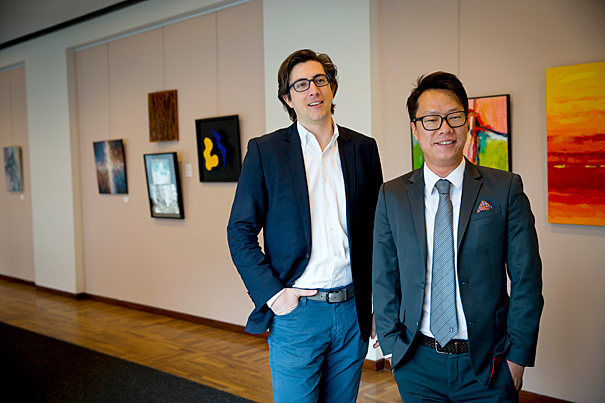
-
China’s top 100 philanthropists
Harvard Kennedy School researchers’ efforts provide a deep look into the most generous of China’s first generation of billionaires, what they’re doing with their wealth, and why.
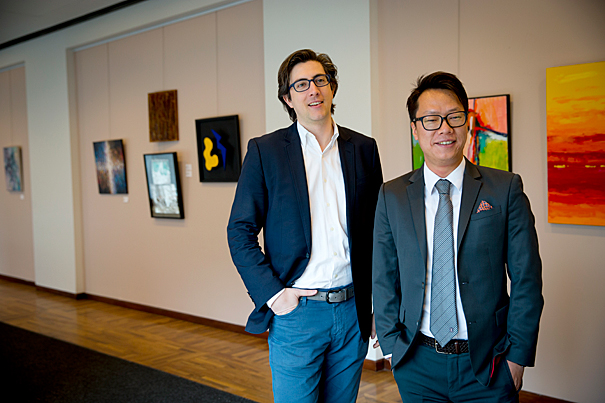
-
Entrepreneurial women
It’s harder for entrepreneurial women to raise startup capital, but speakers on a Harvard Business School panel say there are paths through the maze.
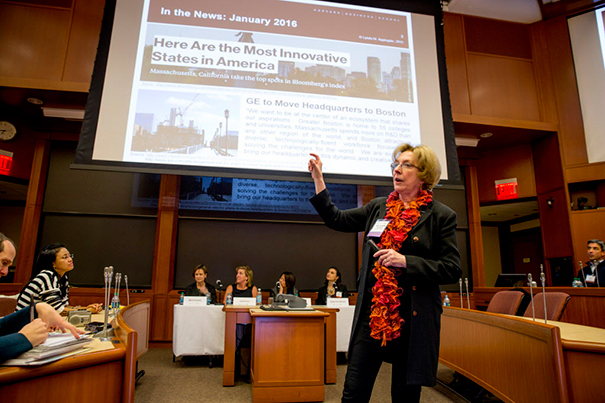
-
Taking people ‘to where they want to be’
At HLS’s Community Enterprise Project, students provide free legal services to people who want to start small businesses and, in the process, they help communities prosper.
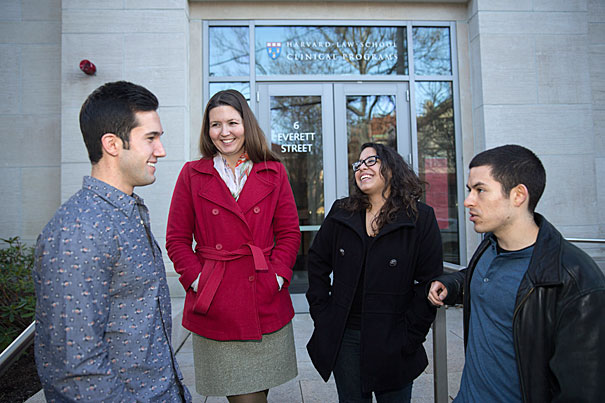
-
‘A win-win situation’
General Electric’s decision to move its headquarters to Boston is seen as a boon to the region, fueled in part by area’s intellectual strengths.

-
Top-down urgency for criminal-justice reform
U.S. Attorney General Loretta Lynch made a strong case for criminal-justice reform during a talk at Harvard Law School.
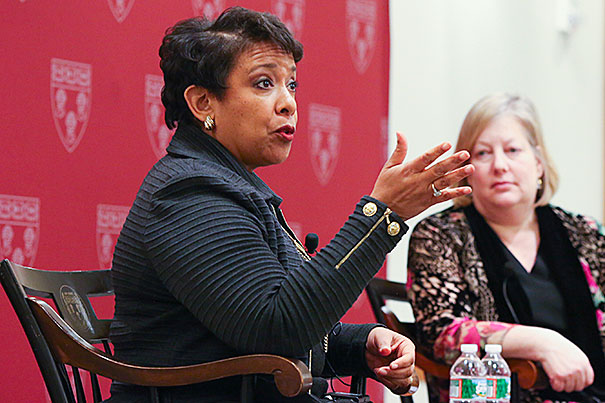
-
King’s Harvard connections
Civil Rights leader Martin Luther King Jr. may be most associated with his efforts to desegregate the South, but the minister also had a valuable and lasting relationship with New England, and with Harvard.
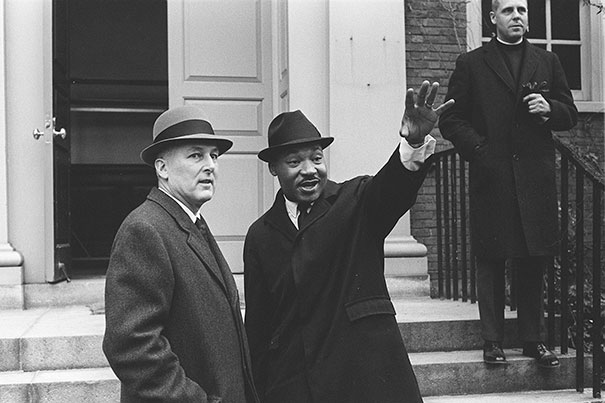
-
Nuclear nervousness
Analysts at Harvard Kennedy School discuss North Korea’s latest nuclear test and the political implications it presents not only for neighboring powers like China and Russia, but for the rest of the world.

-
Fighting for disarmament
Disarmament expert Bonnier Docherty talks about cluster bombs, incendiary and explosive weapons, which are widely used in modern warfare, the threats they pose to civilians, and why countries should restrict their use.
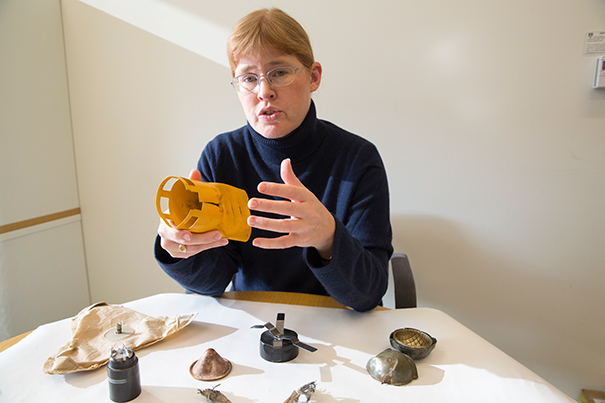
-
‘The story of us’
By animating our minds, a sprawling HarvardX MOOC seeks to democratize science.
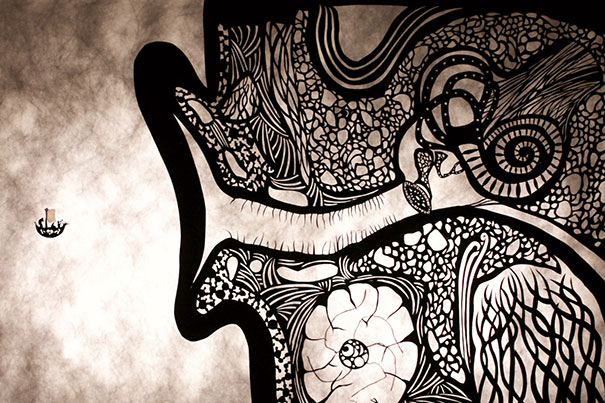
-
Soccer under siege
Matt Andrews, an associate professor of public policy at the Center for International Development at Harvard University, discusses the ongoing corruption scandal under now-disgraced FIFA President Sepp Blatter, and how to begin to clean up the sport.

-
Muslims wonder what’s ahead
As rhetoric against Muslims rises across the nation, members of the Harvard community increasingly are pondering how to safeguard and support the rights of all.
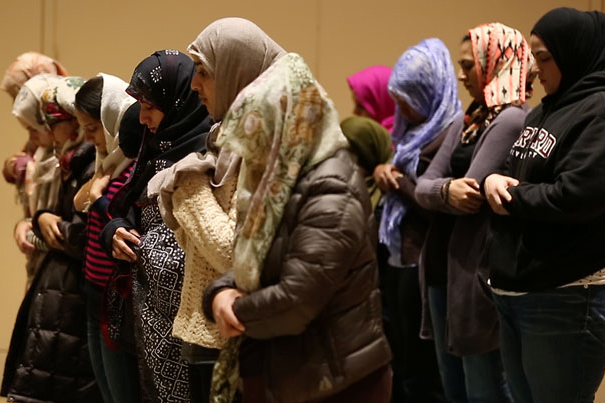
-
An Rx for the T
Ash Center senior research fellow Charles Chieppo weighs in on how to begin to fix the troubled MBTA, and assesses the reforms thus far.
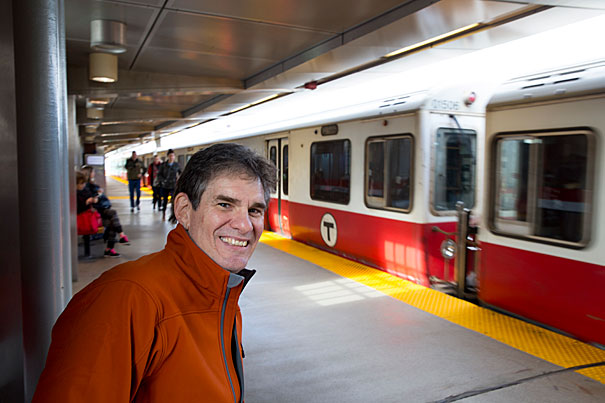
-
Bent toward violence
Harvard psychiatrist Ronald Schouten answers questions on the San Bernardino attack and the psychology behind both terrorism and the fear it spreads.
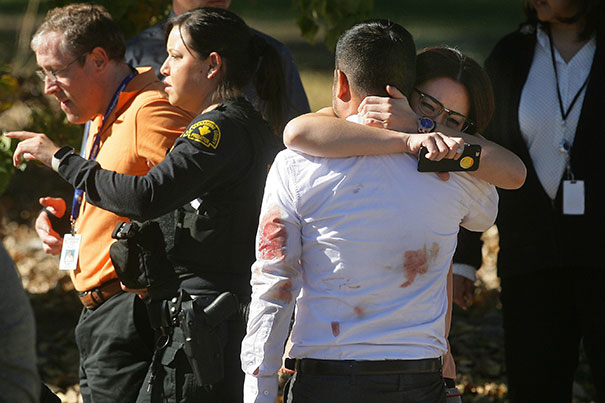
-
Unraveling Mexican secrets
Mexican journalist Jacinto Rodriguez spent more than a decade examining documents at the National Archive of Mexico. Now he’s reviewing documents at the Houghton Library, looking for clues to the relationship between intellectuals and power in Mexico in the 1960s and ’70s.
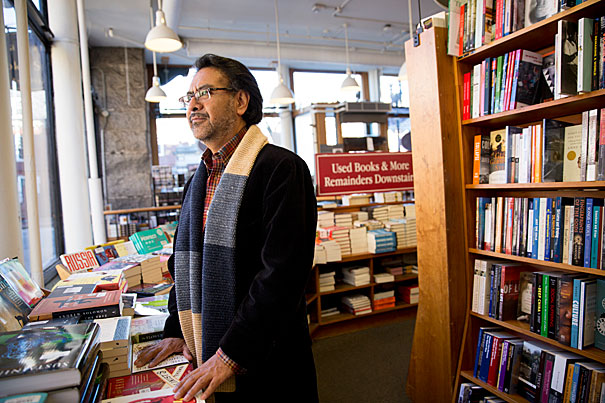
-
Struggle in the shadows
New book by Roberto Gonzales, an assistant professor at Harvard Graduate School of Education, says undocumented young adults are at risk of becoming a disenfranchised underclass.
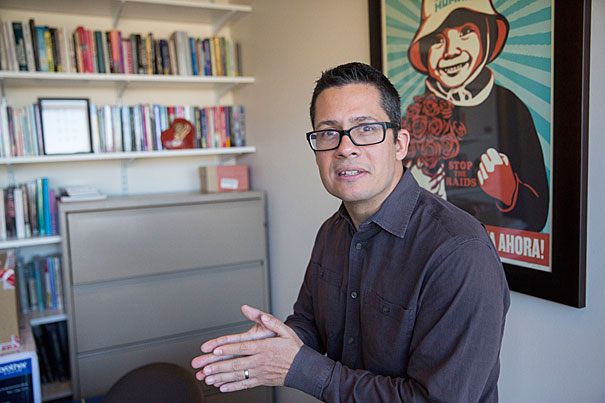
-
Shifting careers to drive change
Harvard’s Advanced Leadership Initiative helps professionals transition to new careers aimed at solving societal problems.
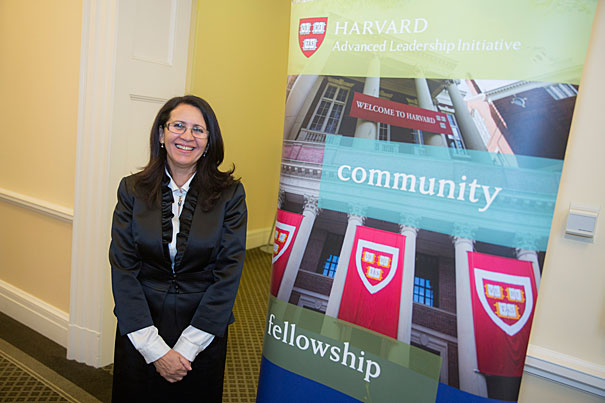
-
Civil rights, then and now
Through the prism of St. Louis and Ferguson, a panel on Civil Rights discussed how the movement has evolved, and where common ground remains.
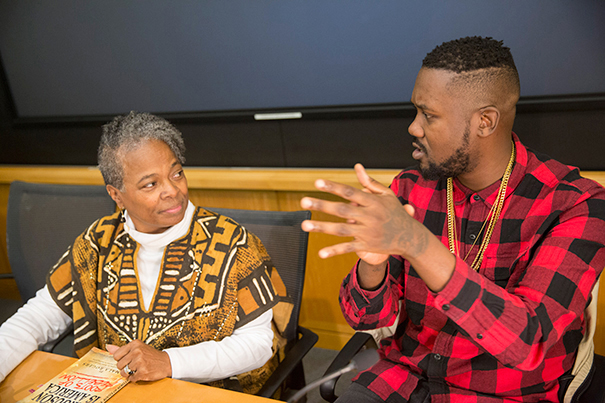
-
Carter: Islamic State will be defeated
U.S. Secretary of Defense Ashton Carter spoke about the ongoing war with Islamic State and touted the many public service opportunities in the military for students, even if they don’t envision a career on the battlefield.
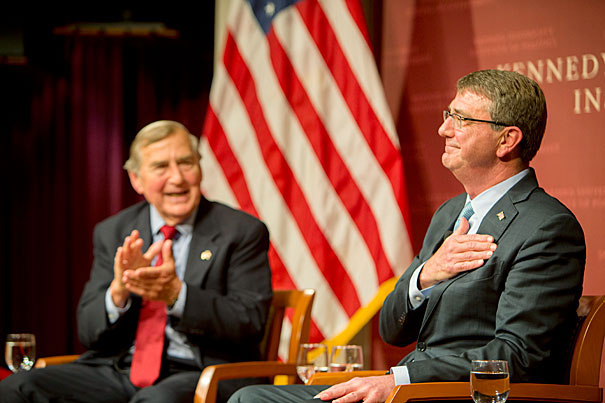
-
Beware of those toxic co-workers
New HBS research finds that avoiding a toxic employee realizes twice the savings of hiring a superstar.
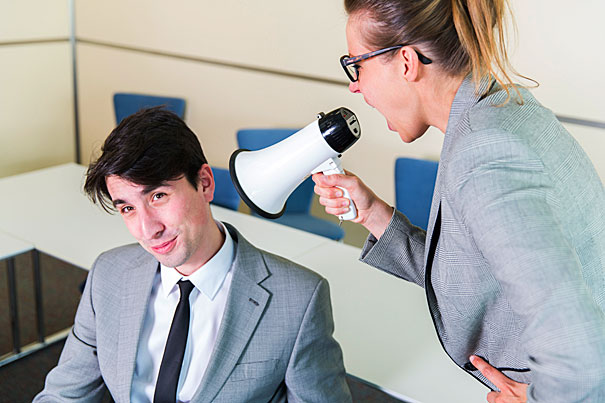
-
Lessons from Lessig
Lawrence Lessig speaks candidly about his failed presidential bid, in which he spotlighted the importance of campaign finance reform.

-
The plight of the Roma
At Harvard Law School, human rights activists delved into legal ways to fight discrimination against Europe’s largest ethnic minority.
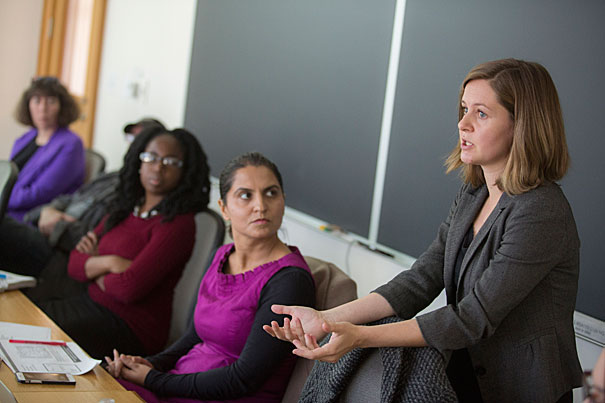
-
Justice for all
Chase Strangio, a lawyer with the American Civil Liberties Union, discussed the efforts to protect gay and transgender prison inmates, who are often the target of violence and sexual assault.

-
For law students, a cautionary tale
The Law School hosted Victor Rosario and his attorneys for a discussion examining his wrongful conviction.
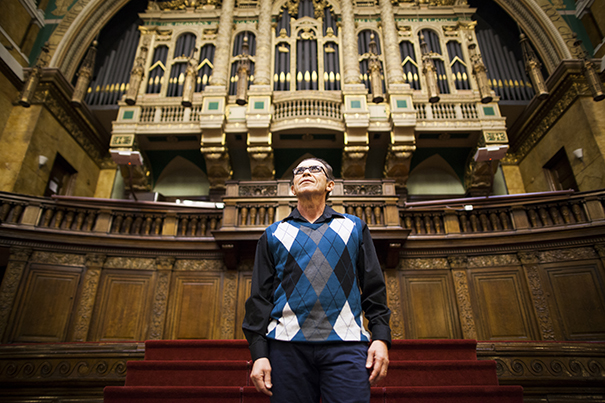
-
Deeper crisis
Professors Jacqueline Bhabha and Michael Ignatieff talked about the Syrian refugee crisis in the wake of the Paris attacks in an event sponsored by the Mahindra Humanities Center.

-
Crossing a line
Former New York Times Supreme Court reporter Linda Greenhouse spoke at Harvard about the boundaries between journalism and citizenship and why she has crossed that line more than once.

-
For French scholar, hope survives terror
The French scholar Patrick Weil visited the Law School to give a talk titled “After the Paris Attacks: What Is the Future for French Society?”
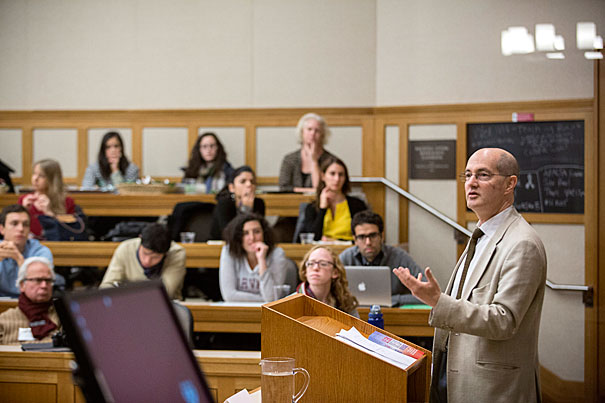
-
Reforming criminal justice
A new program at Harvard Law School aims to help reform the criminal justice system in the United States with assistance from Harvard students and faculty, says executive director Larry Schwartztol.
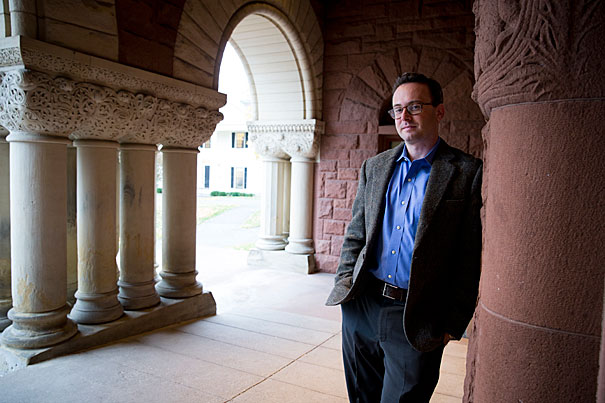
-
Religion is changing, fellowship too
Two Harvard Divinity School students uncover a new sense of community for millennials who choose a different way to “worship.”


